Tag: Caroline Gooden
-
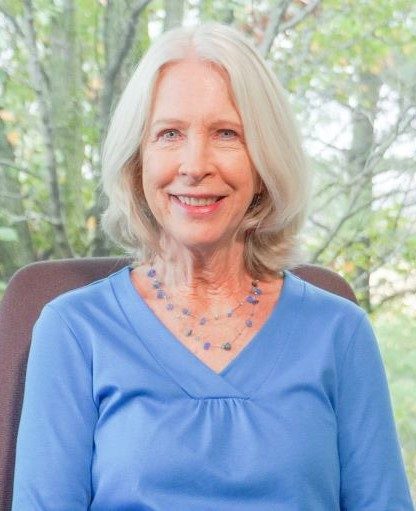
Dr. Gooden’s work to Continue
Caroline Gooden may have retired, but that doesn’t mean her work is finished. She will continue to coordinate a grant on a part-time basis to teach graduate students how to work with […]
-
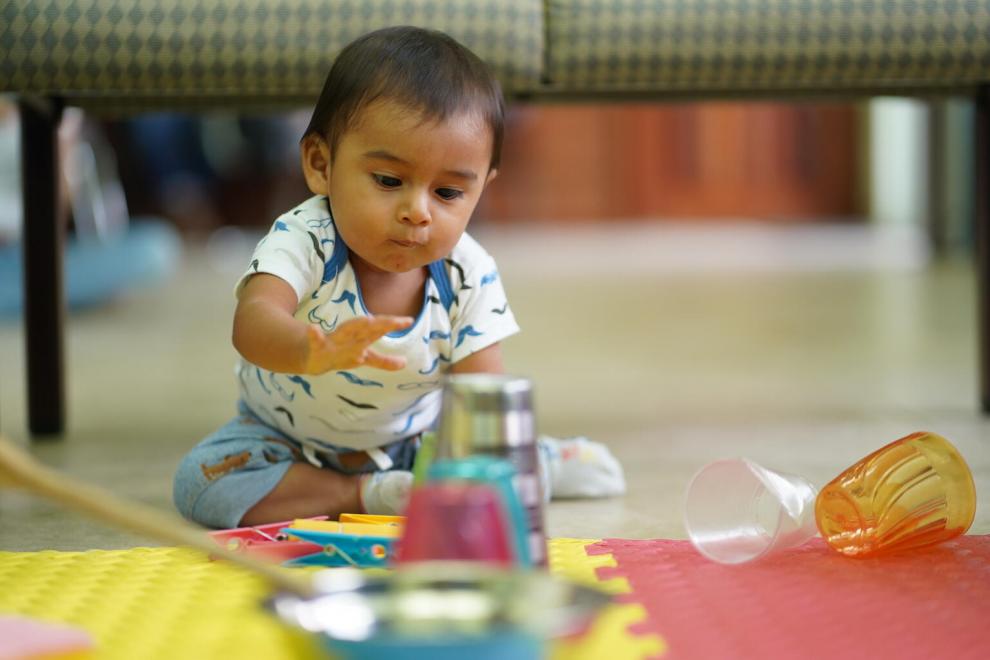
UK expands training to help substance-exposed children
Educators from the University of KY are providing a unique service to address a desperate need- training students to work with babies born substance exposed. The team of educators includes […]
-
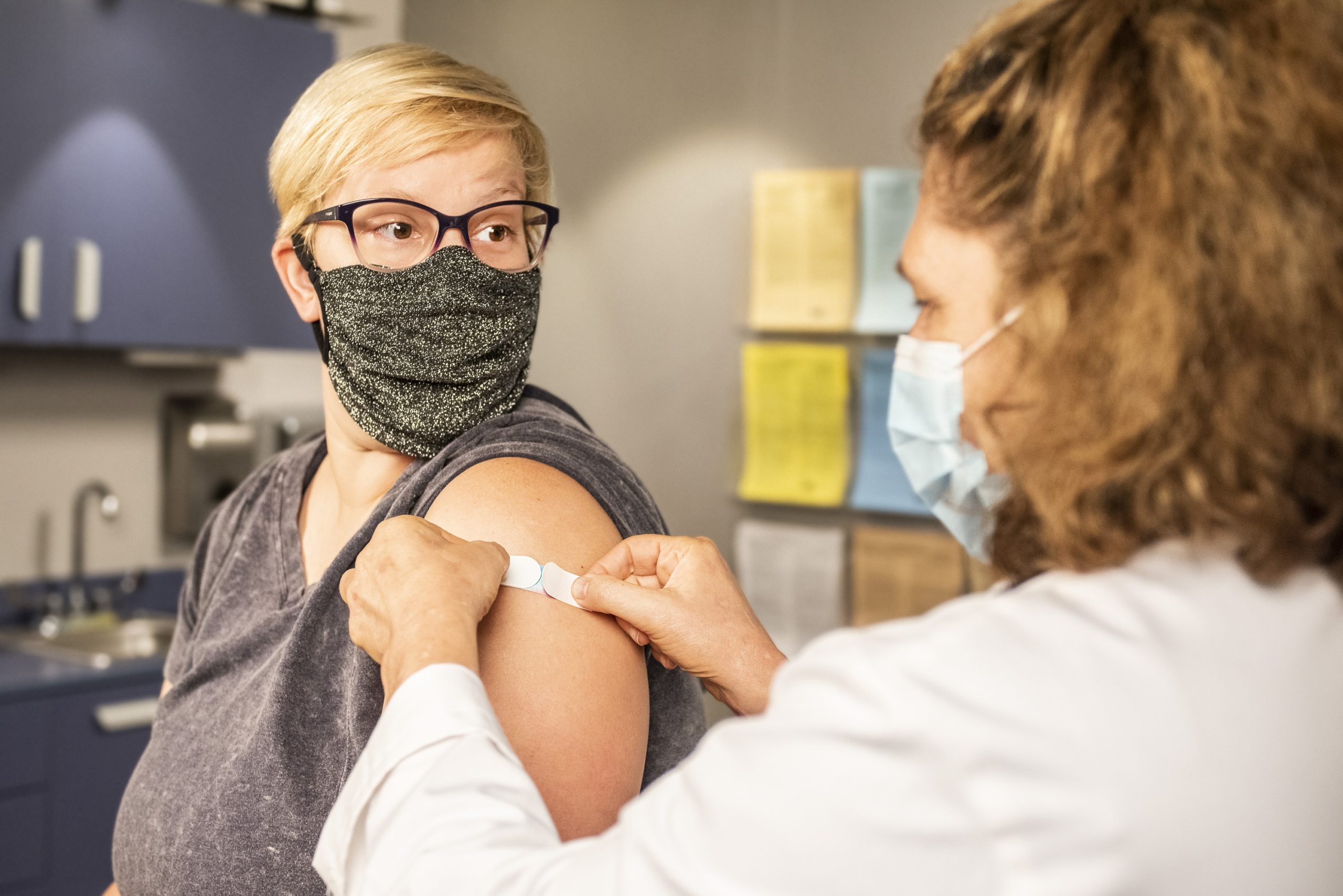
Southeast SuperHub Champions working to increase vaccine confidence
Led by the Human Development Institute in partnership with Georgia State University, a coalition of advocates and community partners have taken on the important task of promoting vaccine confidence in […]
-

Project SCOPE Online Training Series
The UK Human Development Institute Project SCOPE online training series (nine sessions) is for early care staff who work directly with young children who have neonatal abstinence syndrome, fetal alcohol […]
-
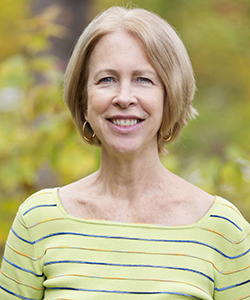
HDI Program Administrator to serve as Co-Investigator for IMLS National Libraries Leadership Award
Dr. Caroline Gooden, Disability Program Administrator at the UK Human Development Institute, will serve as a Co-Investigator for the “Services for Children of All Abilities in Libraries: An Exploration (SCALE) […]
-
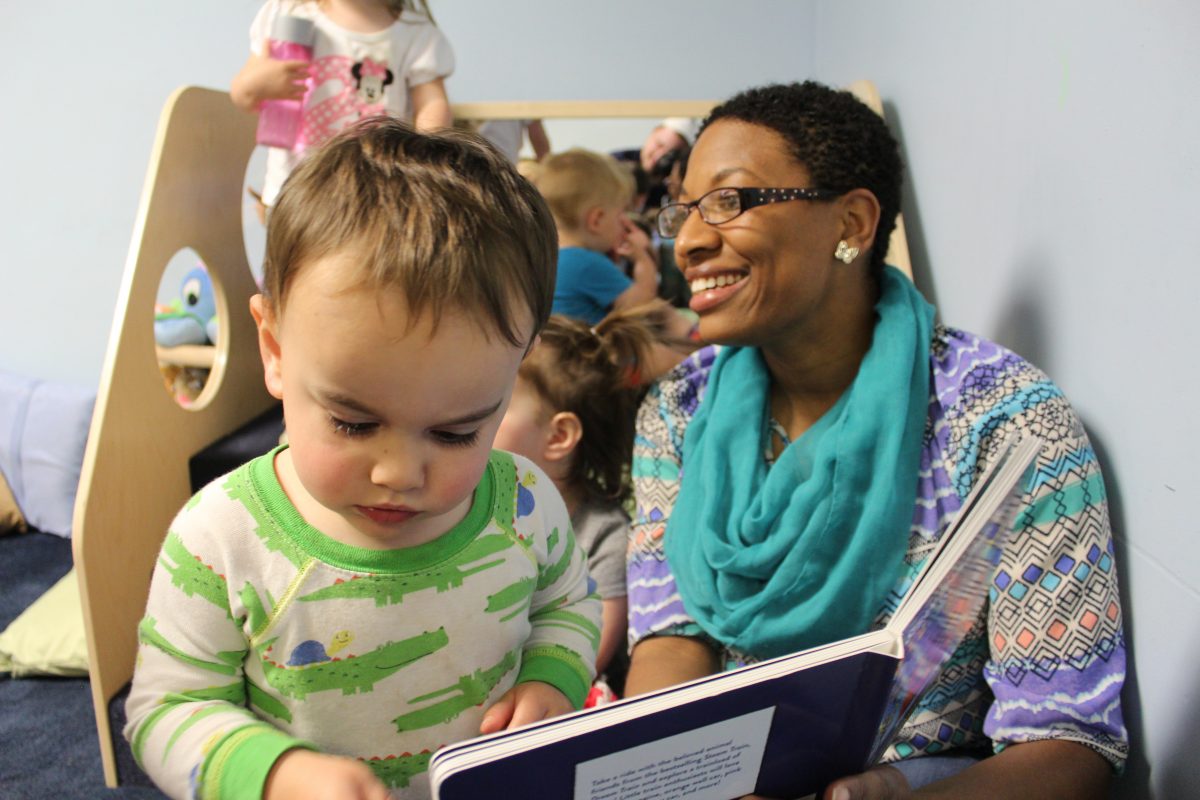
Latest Fund for Excellence Awards: August 2019
The Human Development Institute (HDI) established the Fund for Excellence for the development of innovative programs, services or products to address the needs of individuals with developmental disabilities and their […]
-
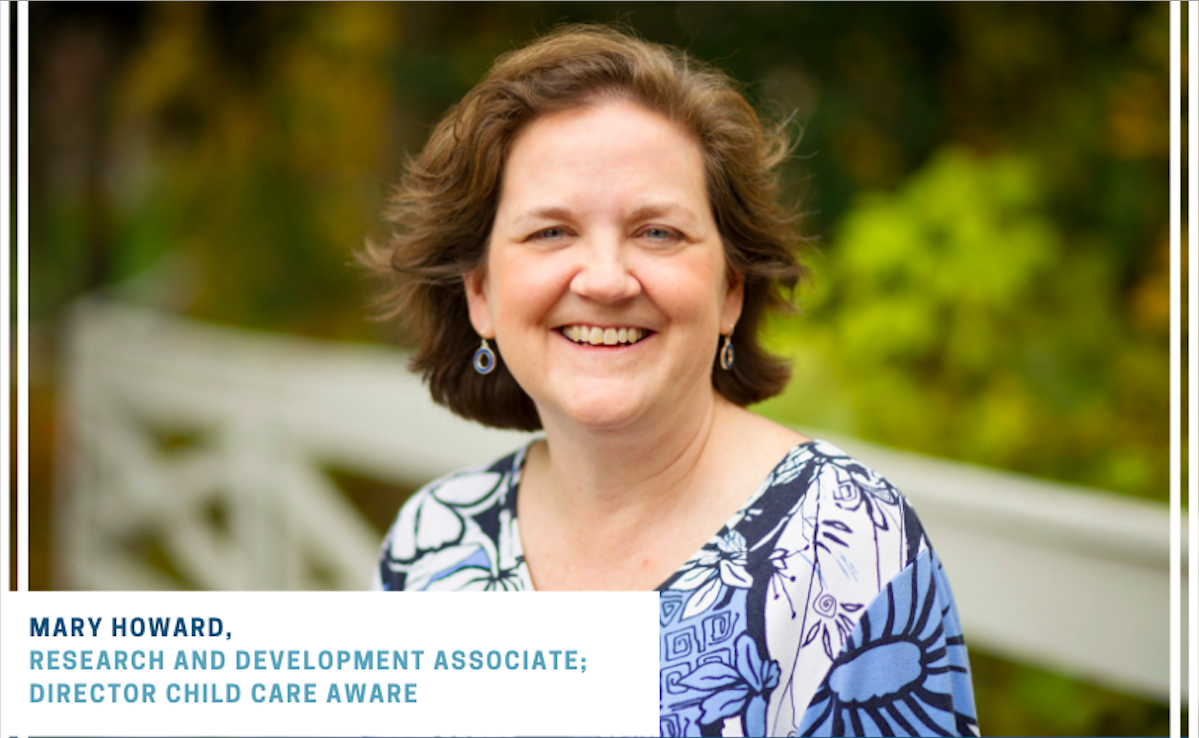
50th Anniversary Spotlight on Mary Howard
I love that we have such strong early childhood services at HDI. HDI emphasizes the importance of supporting all young children to help them grow into healthy, happy adults that […]
-
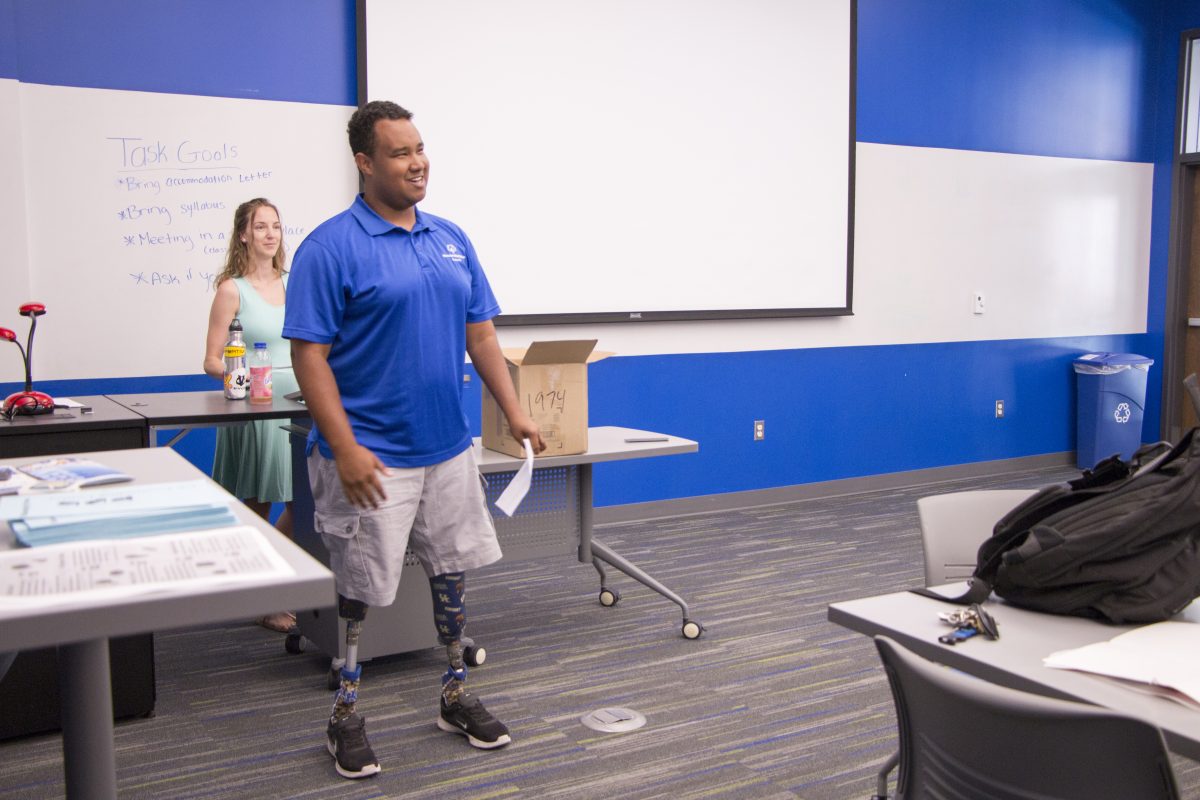
HDI’s University Lecture Series
The Human Development Institute (HDI) is pleased to present the 2019 University Lecture Series. The catalog of 35 presentations include one-hour lectures, panels and seminar style offerings. Topics include foundational […]
-
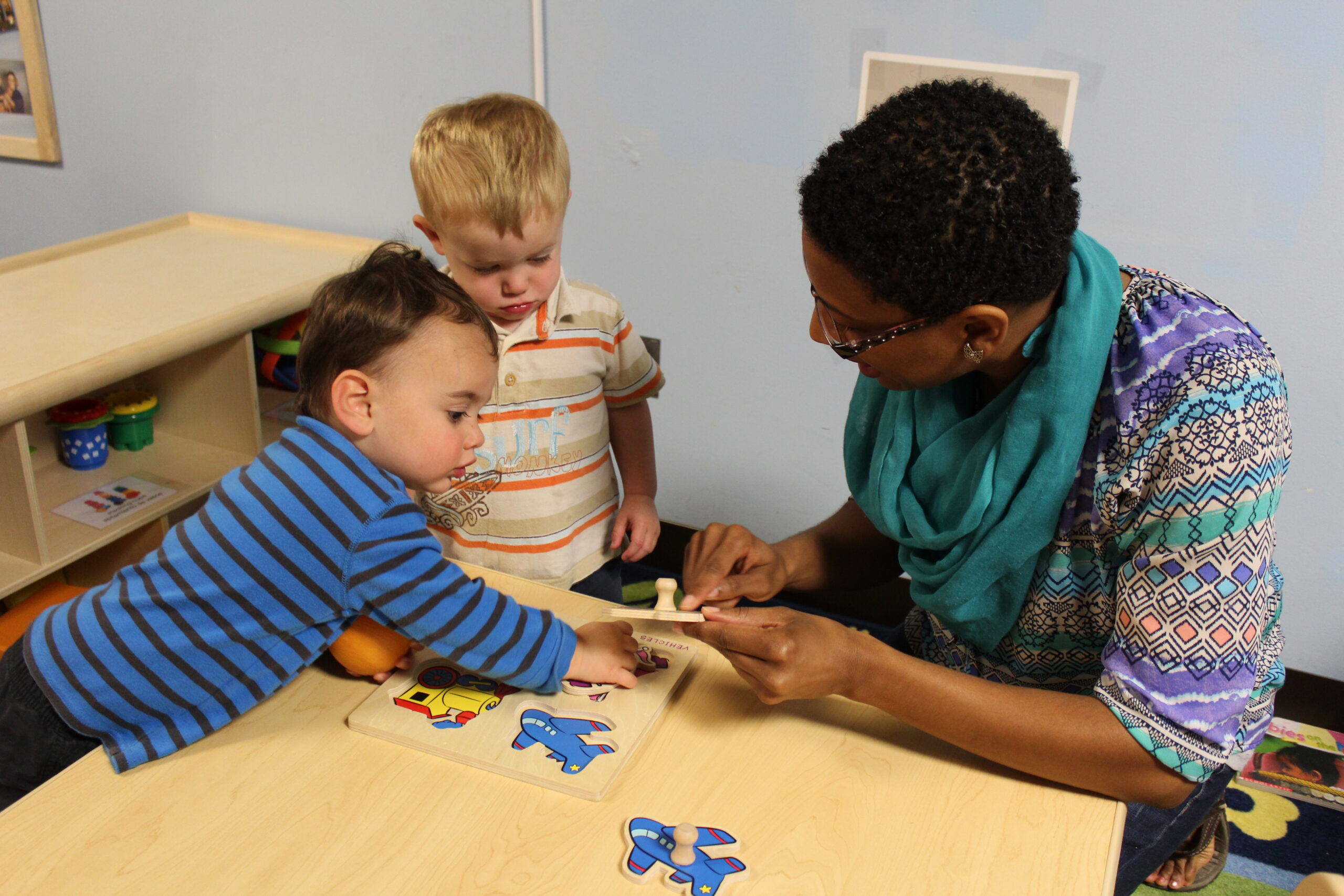
Fund for Excellence Awarded for Teacher Effectiveness Study
We’re excited to share that HDI is offering a Fund for Excellence grant this year entitled “Teacher Effectiveness Pilot,” led by Dr. Caroline Gooden, Growing Together Preschool’s (GTP) Director Cerise Bouchard, […]
-
Spring Seminar: “Seeing STARS: Children with Special Needs in Early Care Settings”
“This seminar is designed to engage staff from early care settings across Kentucky in new ways to see the ‘STARS’ in our young children with special needs. The seminar will […]